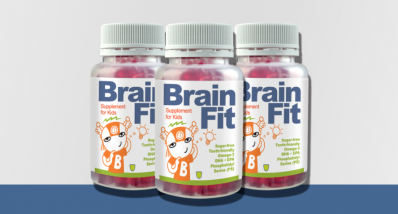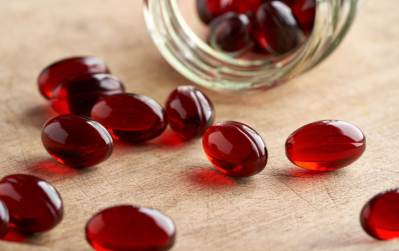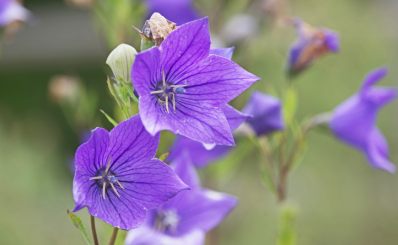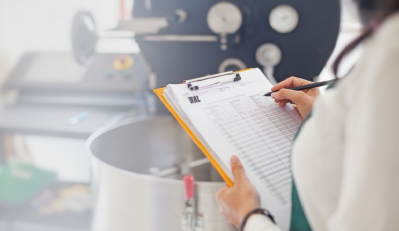‘No coincidence’ that South Korea continues to crackdown on probiotics and krill oil as non-compliance cases increase
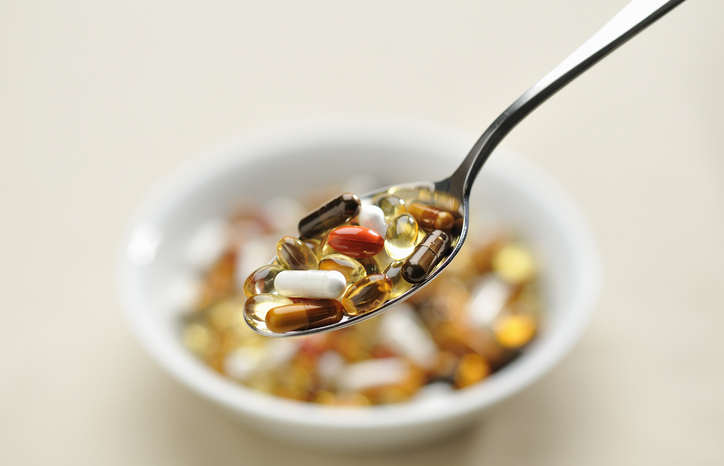
In the past six months, there has been several reports on probiotics which were found to be non-compliant to regulatory standards.
In May, the MFDS had flagged out the products “Premium Probiotics Lady” and “Premium Gold Probiotics 17” from Canada and “Dirago Probiotics” from Australia as products which had probiotic count that did not tally with the amount stated on the product packaging.
In March, the MFDS ordered four imported probiotics to be removed from shelves after they repeatedly failed inspection tests. The products were from Canada and the US.
This month, the MFDS issued a safety evaluation guide on probiotics for the probiotics ingredient manufacturer. The guide specified the safety evaluation test methods used, including tests on antibiotic resistance, toxin production, and metabolic properties.
Krill oil, which is not a health functional food in the country, is also on the checklist for the MFDS.
In June, inspections found that vegetable oil has been found in products claiming to be “100% krill oil.”
“The inspections do not happen out of coincidence,” Dr Frank Kim, founder and CEO of SEAH Bio, a South Korea-based regulatory consultancy specialising in nutraceutical, pharmaceutical, and processed foods told NutraIngredients-Asia.
“Each year, the MFDS will announce the in-depth findings form the inspection of imported food.
“For example, if in 2019 and 2020, many products from a particular category have been out of compliance, the MFDS will announce its plan of focusing the inspection of certain product categories in 2021 in January every year,” he said.
In fact, the regulator said it would be issuing “inspection orders” on imported probiotics that have failed conformity tests three or more times in the past three years.
“The probiotic market is growing rapidly; the imported products are growing in number due to increased consumer demands.
“With more imports, there would be more custom checks and that’s how the number of bad products identified had went up as well,” Dr Kim said.
According to market research platform Lumina, South Korea’s probiotic market has been receiving high consumer interest alongside China.
Close to half a million online reviews on probiotic supplements, juices, kombucha, and cosmetic-related products were accumulated as of last year.
As for krill oil, the MFDS announced a one-year policy which began on September 1 last year.
The goal is to ensure that all imported Antarctic krill products needed to be proven safe before they could be successfully imported into the country.
More foreign imports
He added that there have been more overseas companies which have expanded into South Korea.
In terms of finished products, most were imported from Europe and the US, while ingredients wise, about 70 to 80 per cent of the market share was dominated by China and India.
In fact, ingredients from India are preferred to those from China due to various reasons.
“China’s products, due to its reputational problems and low recognition, it is not highly trusted in South Korea.
“As for India’s products, there is no bad image associated with it. South Korea has a good impression of India’s products, and there are no social, political issues between India and South Korea.”
He said some of the key ingredients that the Indian suppliers have been pushing to South Korea were ayurvedic ingredients.
“Ayurveda is compatible with Korean Traditional Medicines and there is a market demand for it in Korea.”
Last year, South Korea’s import volume of health functional foods from India was 9.3 per cent. The majority came from the US at 32.5 per cent, followed by China at 15.1 per cent, Germany at 10.8 per cent, and then Canada at 10.7 per cent.
